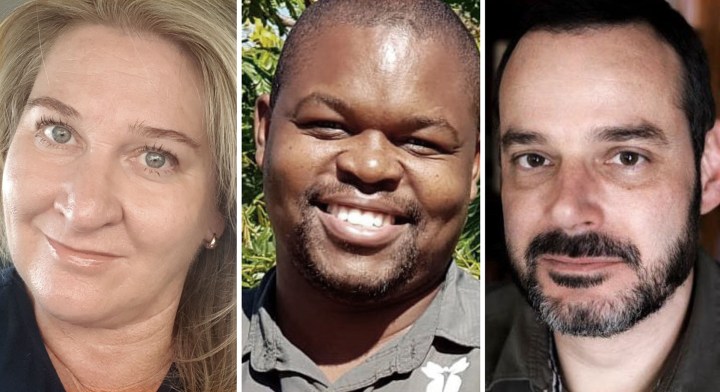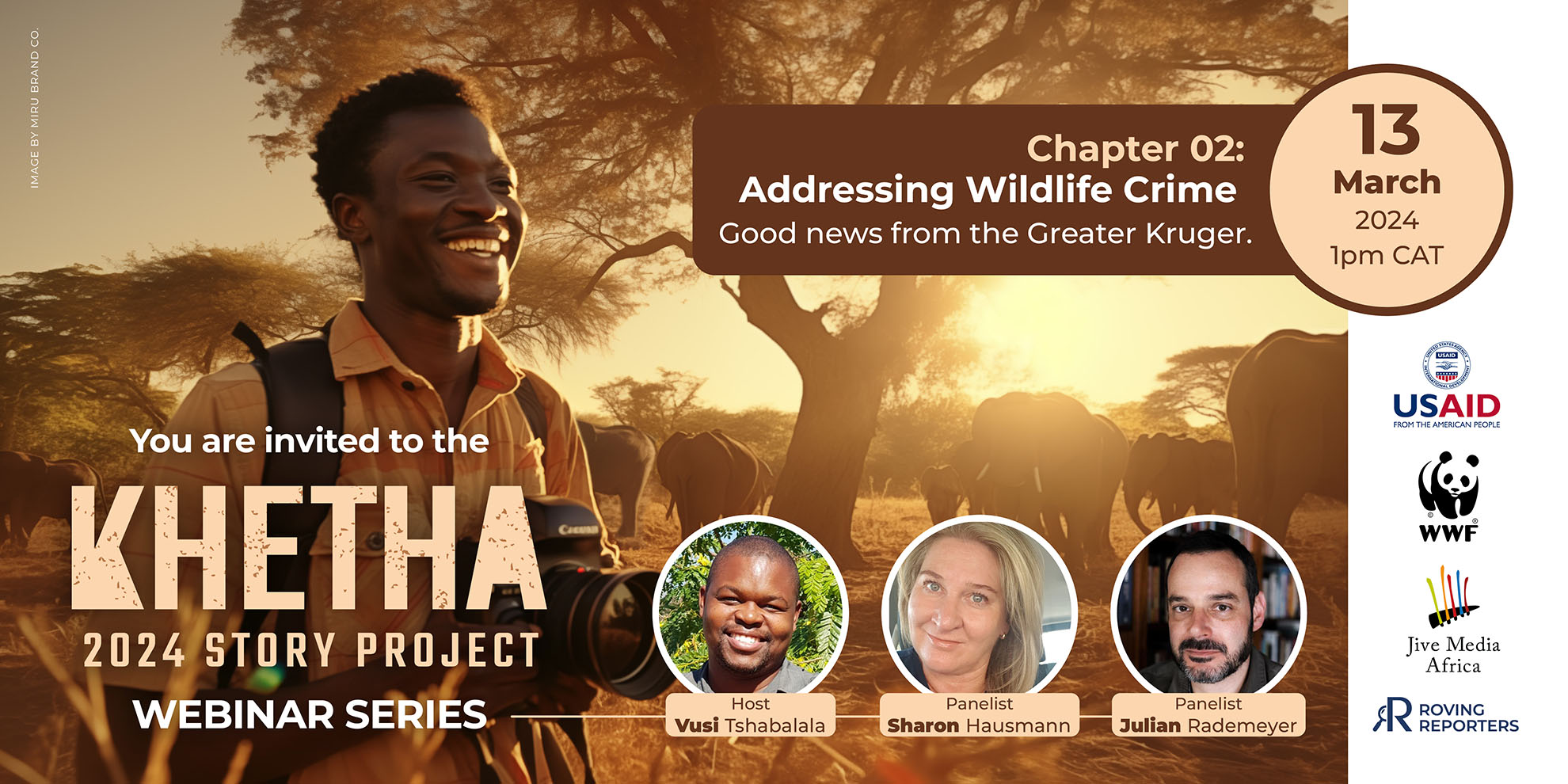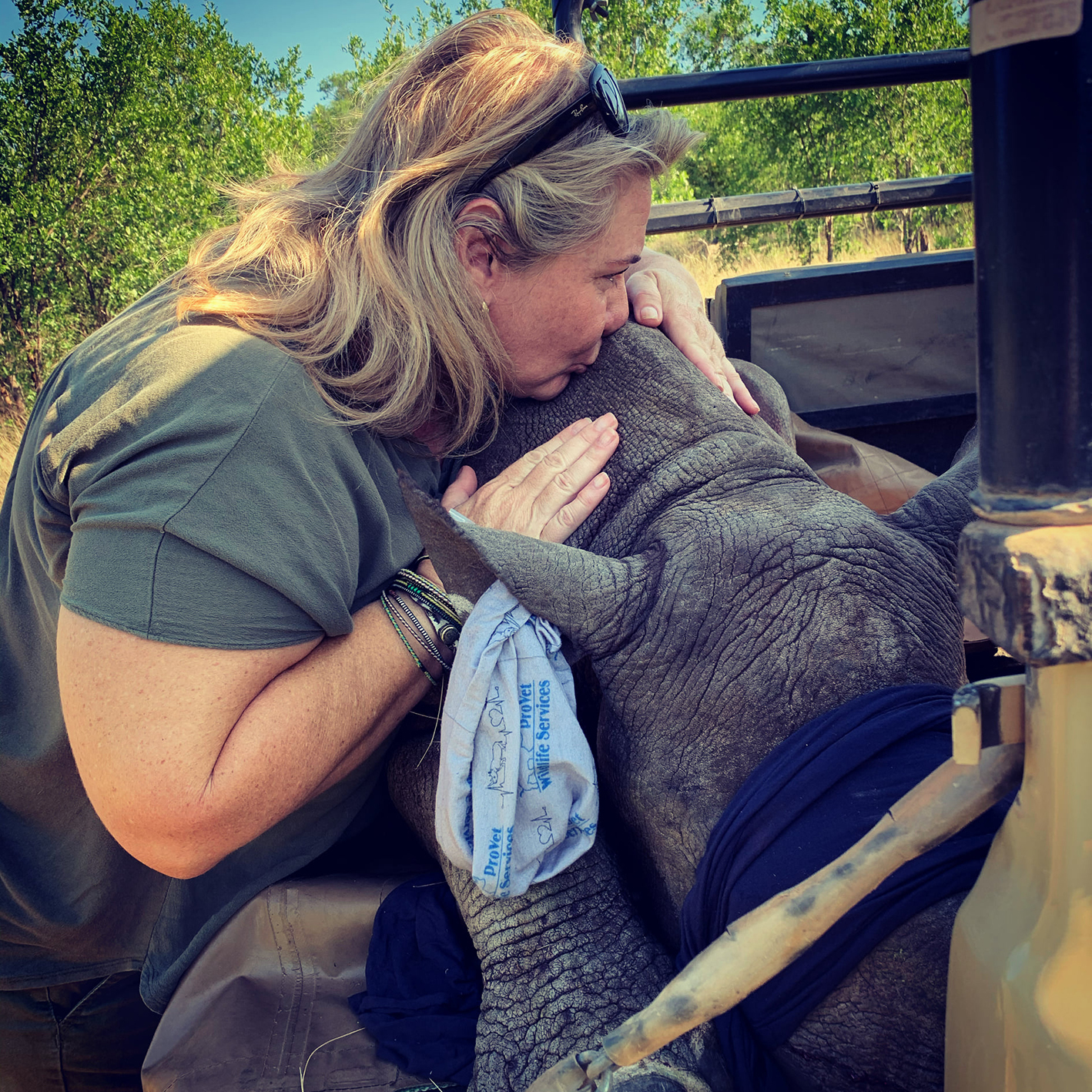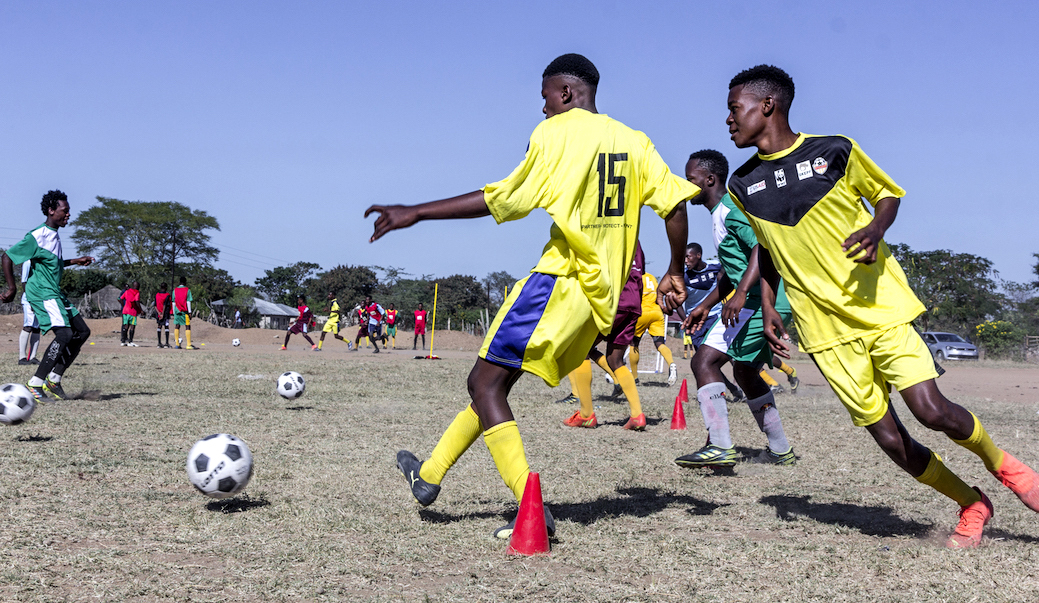ROVING REPORTERS
Wildlife crime: Rhino poaching levels remain dire, but good news from Kruger

Innovative collaborations that help address wildlife crime in the Kruger area are to come under the spotlight this week.
Wildlife crime is complex, with no silver bullet as a solution. It’s entangled in the very fabric of our society. But there are conservation success stories that need to be told, especially in the Greater Kruger area.
Could such success stories be replicated elsewhere in South Africa and beyond?
This is the subject of a series of Khetha webinars on wildlife organised by Jive Media Africa with support from the World Wide Fund for Nature (WWF) and the US Agency for International Development (USAID).

(Image: Supplied)
The webinar series intends to foster dialogue and seek solutions by bringing together experts and journalists to deepen the understanding of the illegal wildlife trade.
Khetha story grants
Khetha 2024 story grants ranging from R10,000 to R50,000 are on offer to journalists who present thought-provoking story proposals that spark new narratives about wildlife trade and its broader social context.
In the first Khetha webinar, now dubbed Shades of Grey, seasoned wildlife crime researcher Julian Rademeyer and conservationist and community relations fundi Vusi Tshabalala stressed that corruption, a breakdown of effective governance and a failure to engage properly with people on the ground had contributed to high levels of wildlife crime in and around the Kruger National Park.
Read more in Daily Maverick: Shades of grey — why wildlife crime is proving complicated and hard to beat
WWF’s Lara Rall also made the point that legislation governing the illegal wildlife trade was only as good as the paper it’s written on unless it’s legitimate in the eyes of the people it’s supposed to govern, and provided that “enforcement is swift, fair and certain”.
Innovative projects
Now, in the next Khetha webinar, taking place on Wednesday, 13 March between 1pm and 2pm, Rademeyer will chat to Sharon Haussmann, chief executive of the Greater Kruger Environmental Protection Foundation (GKEPF) about innovative projects and strategies that are having a positive impact.
The GKEPF was established in 2016 to help combat environmental crime in the Greater Kruger area.
In an interview ahead of the webinar, Haussmann said recent conservation successes bear testimony to the levels of cooperation between conservationists.
Haussmann referred to recently released rhino poaching figures which showed a 37% decrease in poaching in the Kruger Park last year compared with 2022.
Over the same period, said Haussmann, private reserves bordering the park recorded the lowest rhino poaching levels (nine animals lost) since the crisis began around 2008.

GKEPF chief executive Sharon Haussmann assists in moving rhino calves to orphanages after their mothers have been killed. (Photo: Supplied)
While this is good news, Haussmann stressed that there was no time for complacency as criminal syndicates were shifting their attention to other parts of the country.
Grave national situation
She said the national situation remained grave, with rhino poaching figures up in 2023 (55 more than in 2022, for a total of 499 animals killed), as poachers increasingly turned to KwaZulu-Natal.
Rademeyer, who has written extensively on the rhino horn trade, agreed with Haussmann.
Rademeyer’s research as a director of the Global Initiative Against Transnational Organised Crime reveals a strong convergence of the illegal wildlife trade with other forms of organised crime, including illegal mining, cash-in-transit heists and human trafficking.
The reality was that organised crime would continue to target and exploit vulnerable people on the boundaries of provincial and national parks, said Haussmann.
“And that’s not conservation’s problem alone,” she added.
Rademeyer also argues that wildlife crime is inextricably connected to a history of dispossession, deep-seated inequality and ineffective local governance and social development.
Cohesion and awareness
It is against this backdrop that Wednesday’s webinar assumes significance, particularly in what could be learnt from specific strategies that are working in the Kruger area.
This includes a GKEPF programme aimed at building the skills and awareness of prosecutors and aligning approaches to prosecute wildlife crime cases.
In early January, the foundation hosted 24 prosecutors and investigating officers from Mpumalanga and Limpopo at a workshop to increase knowledge about investigating and prosecuting wildlife crime.
Rademeyer has commended the initiative, saying that convictions for wildlife crimes depended on an in-depth understanding of applicable laws and regulations, as well as cooperation between relevant law enforcement agencies.
Outreach
But it’s not just on the law enforcement front that GKEPF is having an impact.
A growing number of partner organisations have projects that help build social cohesion and resilience to crime in communities.

Sports projects in the Greater Kruger area aim to build social cohesion to help address crime and influence pro-conservation behaviour. (Photo: GKEPF)
For example, last year GKEPF expanded its community-based sports programme to include netball, and created a formalised league, donating kits and balls to 20 teams.
Rademeyer said there were valuable lessons to be learnt from these and other outreach activities, as well as the GKEPF’s management strategy.
Integrity management
“As with everything, it comes down to management,” said Haussmann, reflecting on how the GKEPF had assisted its member reserves (and the national park itself) to achieve an “incredibly cohesive and coordinated response” to wildlife crime.
Haussmann said integrity management, ranger morale and wellness were key to addressing endangered wildlife crime, as was efficient maintenance of perimeter fences and access control.
She said it was equally vital for all national and provincial parks and reserves to attend to internal matters and get their houses in order.
To learn more about some of the Greater Kruger’s recipes for success, click here to register for Wednesday’s Khetha webinar, Good News from the Kruger.
To apply for a Khetha 2024 story grant, click here.
The Khetha editorial team is looking for thought-provoking story proposals that challenge parochial and international perceptions of wildlife trade in the Greater Kruger region.
“We shall also support story projects on successful conservation initiatives and projects that give voice to people in communities adjacent to the Kruger National Park who have previously been excluded from discussions on wildlife crime and its social impact,” said Jive Media Africa director Robert Inglis. DM
Fred Kockott is the director of Roving Reporters which manages the New Narratives ’24 online training course – a journalism training initiative aligned with the Khetha 2024 Story Project.
Additional reporting by Matthew Hattingh and Yves Vanderhaeghen.
For more information about the Khetha 2024 Story Project contact Liryn de Jager at [email protected], cc to [email protected]






















 Become an Insider
Become an Insider
I think poaching numbers are down in Kruger simply because there are hardly any rhinos left to poach.
I agree with you entirely. in 2008 and the ensuing couple of years upwards of 500 rhinos were killed annually. The current low population is no longer viable for poachers to exploit and therefore they are turning to KZN where the density of rhino’s in particular are high and easier to exploit.
A great figure would be to compare annually the number of animals poached/killed against the CURRENT population for the same year. One could find the percentage has not decreased, but may have increased.